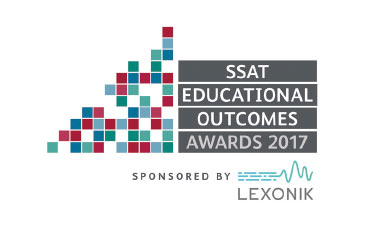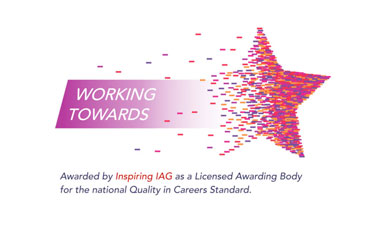Assess – Plan – Do – Review
 The SEND Code of Practice is specific in its guidance about good practice, once a potential need is found. There four types of action that are implemented to ensure that effective support is in place. This is the ‘graduated response’, and the four stages are:
The SEND Code of Practice is specific in its guidance about good practice, once a potential need is found. There four types of action that are implemented to ensure that effective support is in place. This is the ‘graduated response’, and the four stages are:
Assess: the class teacher and SENCO should gather information from a range of sources and clearly analyse a child’s needs before identifying them as needing SEND support. A well-informed decision is essential in making this judgement.
Plan: the school must notify parents whenever it is decided that a child is to be provided with SEND support and parents should be involved in planning towards an agreed set of outcomes. In addition, advice should be sought from advisory teachers and appropriate professionals, for example, speech and language therapy and physiotherapy.
Do: strategies and advice are shared with the class or subject teacher, who stays responsible for working with the pupil on a daily basis. Where the interventions involve group or individual teaching away from the main class teacher, he/she keeps responsibility for the pupil’s progress.
Review: the school must review the effectiveness of the support in line with an agreed date included in the plan. At Pleckgate, this is done by the regular monitoring of pupils’ progress by the SENCO, following which there is liaison with teachers, TAs and pupils themselves.
These four steps ensure that the school follows a ‘graduated approach’ to meeting the needs of SEND pupils. This cycle will be continually revisited for as long as the pupil has identified SEND.
High Quality Teaching and Learning
Subject Leaders have planned the curriculum to carefully engineer success for everyone, regardless of their starting point. Teachers then deliver high quality teaching and learning by successfully adapting lessons and skilfully breaking down new learning into manageable ‘chunks’; supporting pupils to remember the most important knowledge to move forward in their learning.
Teaching staff understand the needs of all pupils with SEND and skilfully assess learning to ensure they are achieving successfully in school. They are also trained to support all pupils’ needs so they can flourish in a caring environment where everyone is challenged to improve.
Pupils with SEND all have bespoke Pupil Passports, containing personalised support strategies that are created in conjunction with parents and carers. The information contained in a pupils’ Pupil Passport’ supports the teacher to adapt their delivery, ensuring that specific needs are considered carefully by teachers when planning to meet the demands of our curriculum.
Some pupils are also provided with additional support and evidence-based interventions to improve communication, cognition, physical health and social, emotional and mental health. We know that communication with parents and carers, as well as other professionals and specialist services, is essential in deciding how to best support pupils with SEND. Regular reviews and meetings with parents are features of our provision at Pleckgate. Parents/carers and pupils are consulted and kept informed of any action taken to support their child.
Transition Support for pupils with SEND
The focus on progression is especially important for pupils with SEND at transition from KS2. The SENCO ensures that detailed information on vulnerable pupils and all those with SEND, is gathered from both primary schools and parents/carers, with meetings held as needed. This allows for provision to be in put in place prior to the pupils joining Pleckgate, enabling a smooth transition and ensuring that the curriculum meets pupils needs.
Transition between KS4 and KS5 for SEND pupils is carefully planned and led by the SENCO. Nothing is more important to the department than the pupils’ happiness and meeting their needs, so that they can reach their potential.
Marie-Claire Langfeld
SENCO

 The SEND Code of Practice is specific in its guidance about good practice, once a potential need is found. There four types of action that are implemented to ensure that effective support is in place. This is the ‘graduated response’, and the four stages are:
The SEND Code of Practice is specific in its guidance about good practice, once a potential need is found. There four types of action that are implemented to ensure that effective support is in place. This is the ‘graduated response’, and the four stages are:








